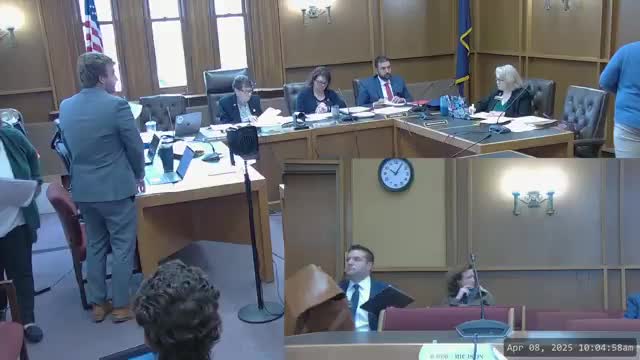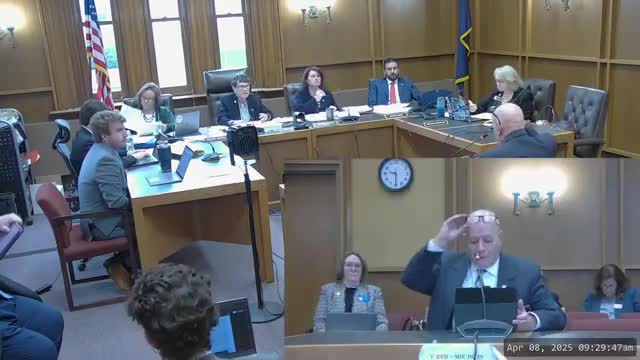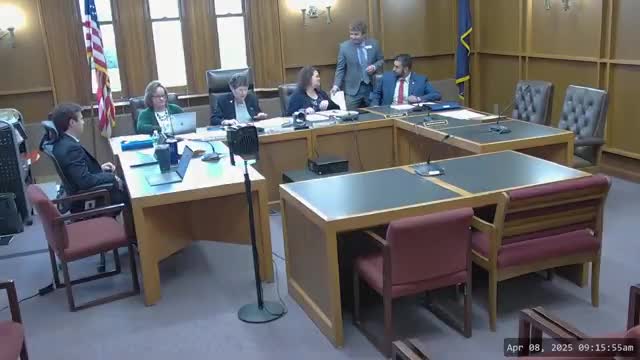Article not found
This article is no longer available. But don't worry—we've gathered other articles that discuss the same topic.

Bill would align expedited due‑process timelines with regular special‑education hearings, backers say

Senate committee hears bill to require AED accessibility and emergency plans for schools' athletic venues

Committee hears bill to pilot trauma‑informed approaches to reduce school restraint and seclusion

